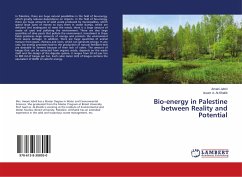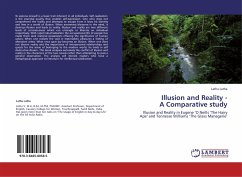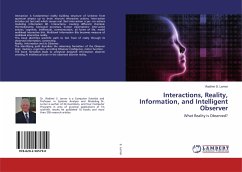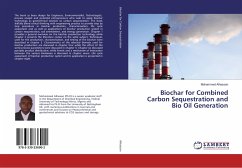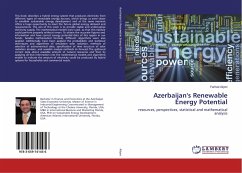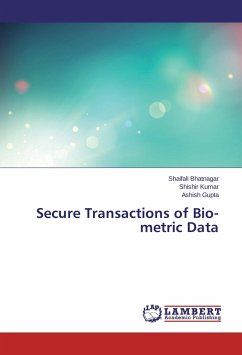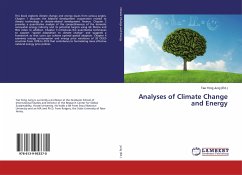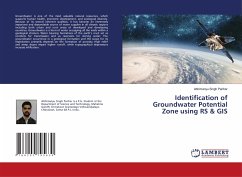In Palestine, there are huge natural possibilities in the field of bio-energy, which greatly reduces dependence on imports. In the field of bio-energy, there are huge amounts of solid waste produced by municipalities, which spend large sums of money to bury them in waste dumps, which are deficient and inadequate to meet the needs, there is a large amount of waste oil used and polluting the environment. There are also large quantities of olive peats that pollute the environment. Investment in these fields produces large amounts of energy and protects the environment from severe damage. In addition, there are huge quantities of animal manure from goats, chickens and cows, which can generate energy. In any case, bio-energy processes lead to the production of natural fertilizers that are desirable to farmers because of their lack of odors. The amount of biogas that can be extracted from organic waste, depends on the waste itself and the design of the digester system, it ranges from 20 m3 per ton to 800 m3 of biogas per ton. Each cubic meter (m3) of biogas contains the equivalent of 6kWh of calorific energy.

